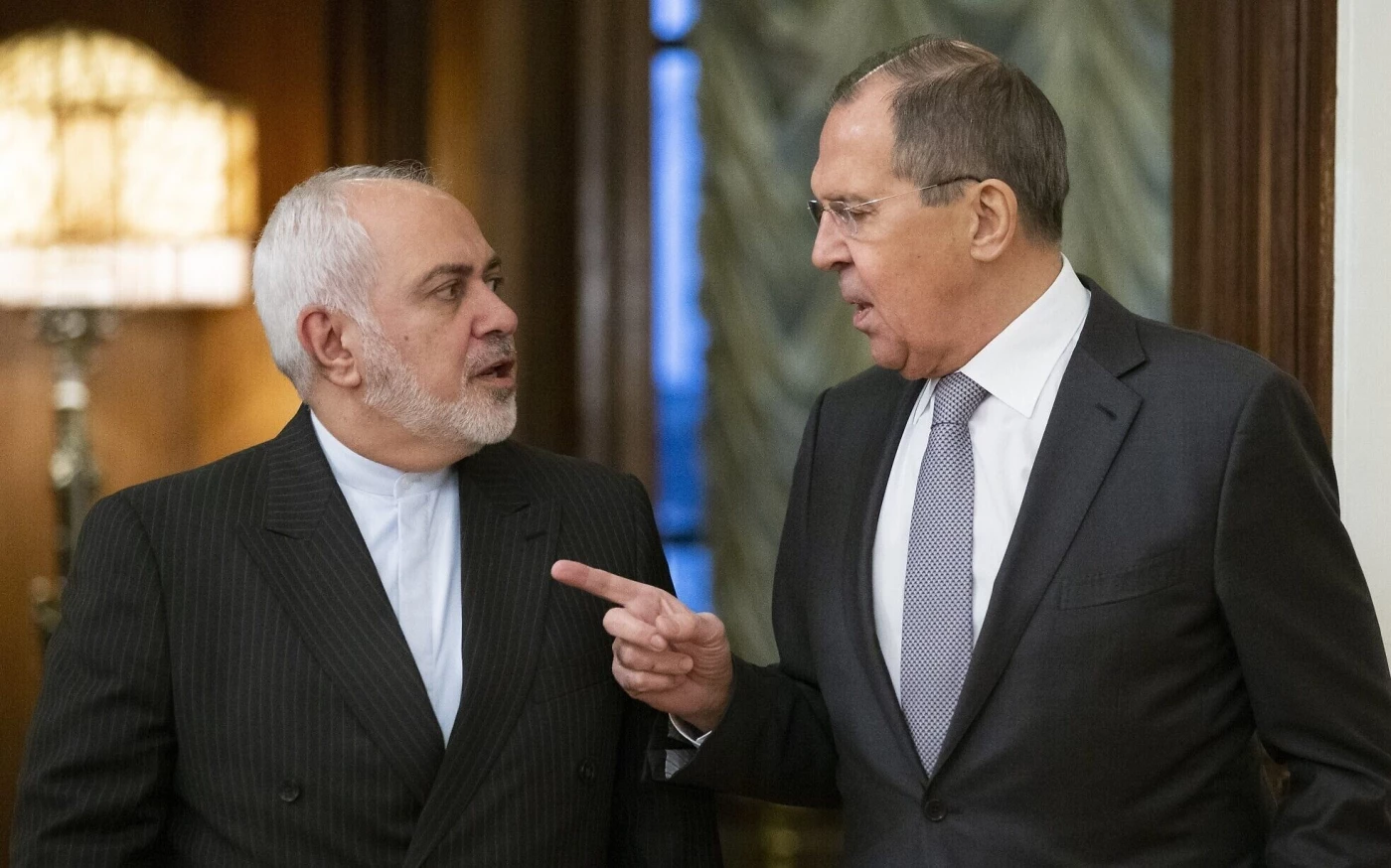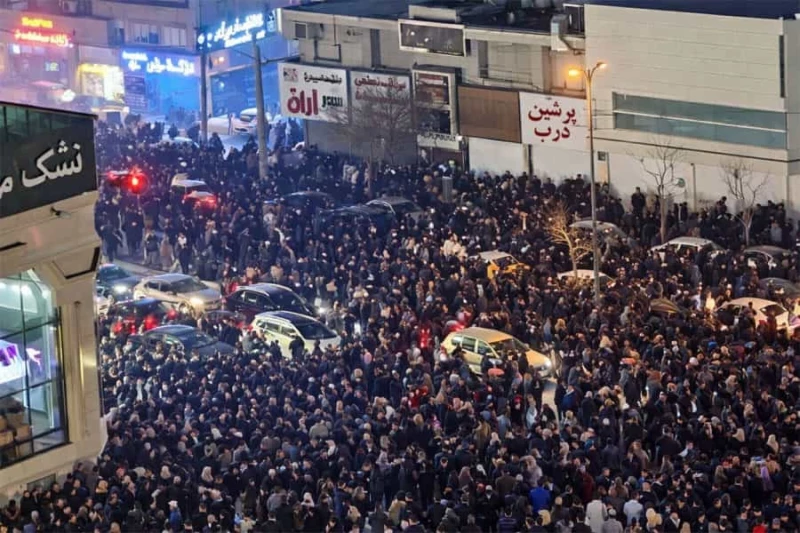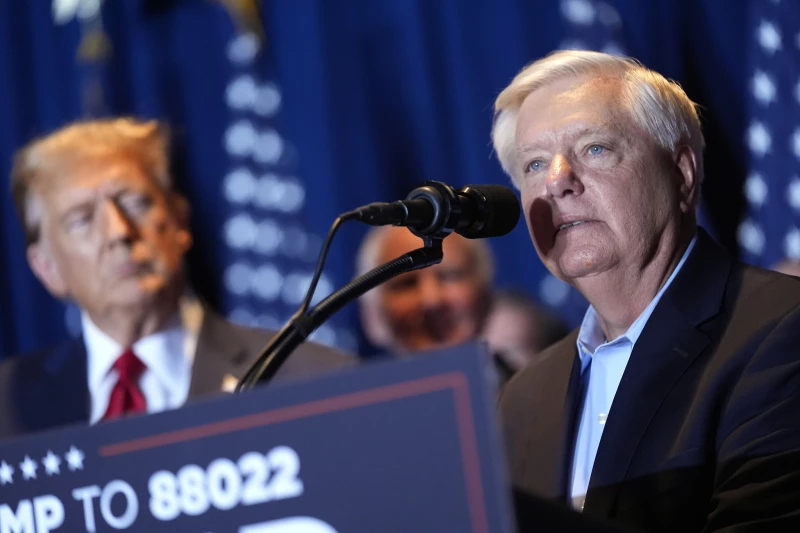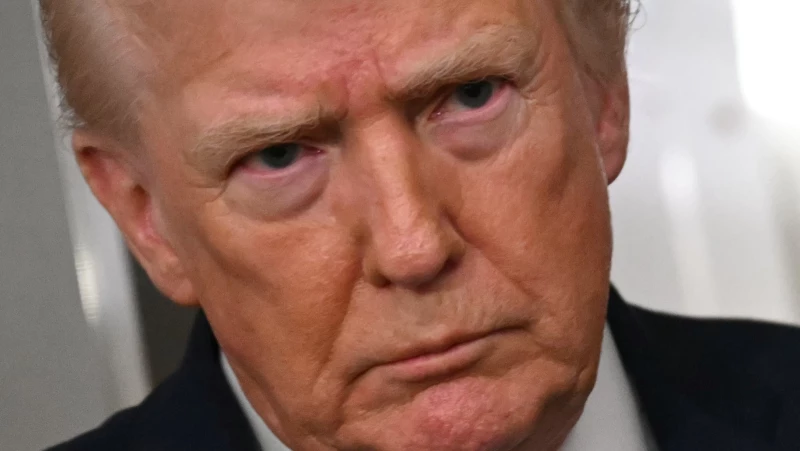ERBIL, Kurdistan Region of Iraq - Former Iranian Foreign Minister Javad Zarif on Friday accused his Russian counterpart Sergey Lavrov of actively sabotaging Iran's 2015 nuclear deal and of pursuing a policy aimed at preventing Tehran from having peaceful relations with the world.
Zarif's remarks rejected earlier claims made by Lavrov that the "snapback mechanism" was agreed upon with Western powers during Zarif's tenure. The mechanism allows for the swift reimposition of international sanctions in case of Iran’s non-compliance with the Non-Proliferation Treaty (NPT) obligations.
The UN in September formally reimposed a global arms embargo and other sanctions on Iran via the mechanism, which was activated by JCPOA signatories France, the UK, and Germany.
Zarif stated that during the nuclear negotiations ahead of the 2015 Joint Comprehensive Plan of Action (JCPOA) nuclear agreement, then-US Secretary of State John Kerry proposed suspending UN resolutions for six months at a time. This would have allowed any two Security Council members to call for a vote to end the deal, a mechanism Zarif claimed would have caused the agreement to collapse years ago.
“I asked Kerry what kind of proposal you have made? Are you insulting my intelligence and reason? He said, 'No, I am not insulting your intelligence. Your comrade Lavrov made this',” Zarif said, the state-owned IRNA news agency reported.
Zarif further alleged that on the day the JCPOA was finalized, Lavrov was “instructed not to let the deal be completed.”
He claimed Moscow has “two redlines.” The first, he said, is that “Iran should never have peaceful relations with the world,” and the second is that “it should not come to conflict with the world.”
“That is why Russia was in favor of the temporary Geneva agreement, because it would keep the bone in the wound and prevent conflict.”
Zarif’s comments came after Lavrov's statement on Monday, which said that while he and Zarif had worked closely on the 2015 nuclear deal for years, the final decision on the snapback mechanism was made “directly” between Zarif and Kerry, the Russian foreign ministry stated.
Lavrov added that Russia was “surprised” by the outcome, calling the agreed wording “a legal trap,” but maintained that since “our Iranian partners accepted this formulation, we had no grounds to object.”
Iran and Russia agreed in September to maximize "economic and defense cooperation" as both nations contend with severe Western sanctions.
Iran and Russia signed a $25 billion agreement to construct nuclear power plants in southeastern Iran just days before the potential activation of international sanctions over Tehran’s non-compliance with its nuclear project.
The two countries have historically enjoyed good relations.
Ahead of the reimposition of snapback sanctions in September, China and Russia signed a joint proposal to the UN to avoid the activation of the snapback mechanism, which was ultimately rejected.



 Facebook
Facebook
 LinkedIn
LinkedIn
 Telegram
Telegram
 X
X


